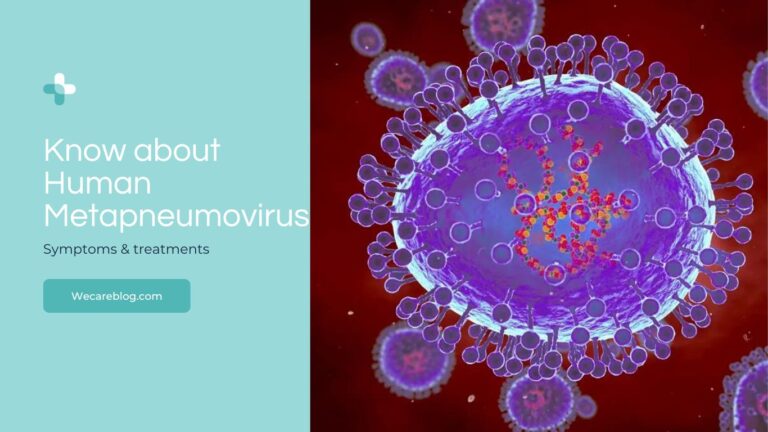There has been a high increase in human metapneumovirus cases in China, thus raising several concerns about public health. The virus primarily causes infections among children and older people. The whole nation has been thrown into panic after several reports of overcrowding in hospitals surfaced on social media. However, despite the situation looking dire in some regions, Chinese authorities and the WHO have not issued any warnings or declared an emergency.
What Is HMPV?
Human metapneumovirus is a respiratory virus that was first identified in 2001. Infection with this virus spreads through droplet spread by coughing and sneezing, as well as via contaminated surfaces. The clinical manifestations are usually cold-like, including fever, cough, nasal congestion, and others. Serious illness, such as bronchitis and pneumonia, from this virus can occur, especially among those with higher susceptibility.
Although HMPV is not a new discovery, the absence of a vaccine or targeted treatment is still a big challenge. Treatment is symptomatic, and prevention remains the only defense against its spread.
ALSO READ : Understanding Human Metapneumovirus: Causes, Symptoms, and Available Treatments
Alarming Social Media Reports
Videos and pictures on Twitter reflect overcrowded hospitals in China, indicating that the health system is under pressure. One of the popular tweets by user @PhamDuyHien9 said, “Hospitals in China are overwhelmed as outbreaks of ‘influenza A' and ‘human metapneumovirus' resemble the COVID-19 surge from three years ago.” This tweet, which has garnered millions of views, has highlighted the anxiety of the public regarding new respiratory pandemics. No statement has been received from the Chinese authorities or World Health Organization confirming the situation as an emergency.

The Current Situation in China
During the last weeks, the number of respiratory pathologies has increased steadily throughout China, especially in the northern region. It was reported to have overwhelmed several hospitals there; social media posts depict crowded hallways and corridors full of people waiting. At the same time, the circulation of other respiratory viruses such as influenza A and Mycoplasma pneumoniae placed a heavy burden on the health system.
It can be attributed to an increased encroachment by colder weather or restoration in normal social exposure that was brutally infringed by strict Covid-19 lockdowns, say experts. Many-children in particular-presumably experiencing their first big exposure to those respiratory pathogens; indeed some of those quoted called this a phase of “catch-up” by community immunity.
In response, Chinese health authorities have initiated a pilot system for monitoring pneumonia cases of an unspecified origin, aiming to increase preparedness for respiratory diseases this winter. While the approach is a lesson from the Covid-19 pandemic, it is apparent that more proactive measures may be required to stem the increasing number of cases.
Other regional areas have increased surveillance. For instance, Hong Kong has reported only a few cases so far because of strict surveillance systems. In other areas, countries like Japan are experiencing surges in respiratory illnesses, adding to the urge for regional cooperation in containing such outbreaks.
Vulnerability to Infection
Children, the elderly, and those with pre-existing health conditions remain the most vulnerable to serious complications from HMPV. Experts recommend simple precautions such as frequent hand washing, wearing masks in crowded places, and avoiding close contact with sick people. These measures are paramount in containing the virus as healthcare systems work on trying to get the current wave of infections under control. China Situation
For weeks now, respiratory diseases in most parts of China, but especially in Northern China, have trended upward, and the emergency rooms are much busier; social media flows with videos that show waiting rooms and corridors. The cocirculation of other respiratory viruses, such as influenza A and Mycoplasma pneumoniae, added to this pressure.









